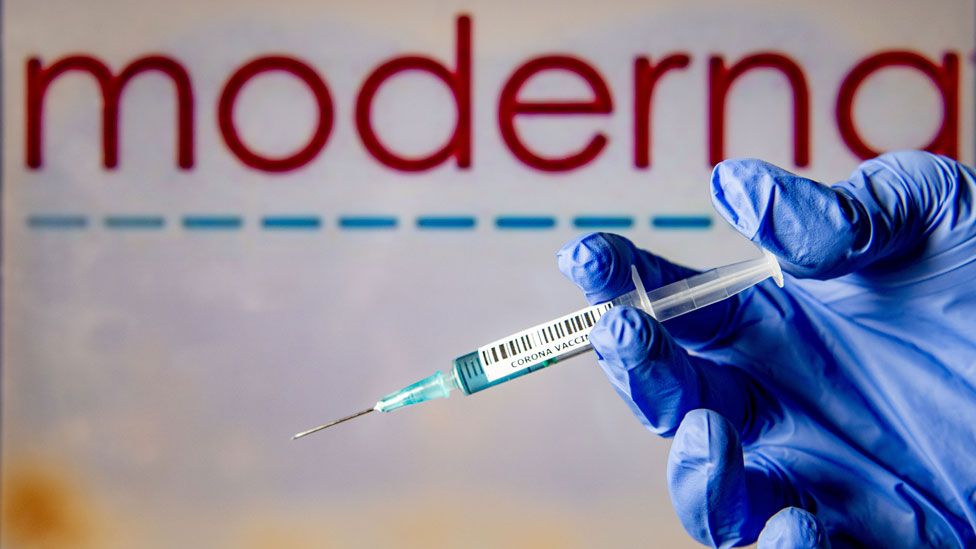Kathmandu (Rastriya Samachar Samiti): The government has said that the coronavirus vaccine will be available to its citizens even though the county is not listed in the list of World Health Organization (WHO).
Even if the WHO will not approve the vaccination after fulfilling two of the four criteria, the government will be able to bring the citizens here to get vaccinated against COVID-19. The first is that the vaccine against Covid-19 should be registered with the WHO, the second should be listed with the WHO for emergency use, the third should be registered with the regulatory body of the country producing the vaccine and the fourth should be registered with the Department of Medicine.
At present, the vaccine against COVID-19 has been registered with the regulatory body of the country, its citizens should have been vaccinated and after being registered with the Department of Medicine, it can be brought to Nepal. Although not listed in the WHO, the government has amended and issued the Drugs Act-2035 BS Ordinance for emergency drug and vaccine registration.
So far, the WHO has not listed any of the vaccines against Covid-19 for emergency use. That is why Nepal will vaccinate its citizens against COVID-19 in case it is registered with the regulatory body of the country and the basis imposed on its citizens and registered with the Department of Drug Management of Nepal.
Vaccines against Covid-19 are currently being tested by Pfizer & Bioentech, Moderna (USA), Oxford-AstraZeneca (UK), Sputnik-V and Gamalia (Russia) and Synovax (China). Pfizer is registered in both the United States and the United Kingdom. Oxford-AstraZeneca (UK), Sputnik-V and Gamalia (Russia) and Synovax (China) are the final trials.
The Oxford-AstraZeneca vaccine is suitable because it can be kept at two to eight degrees Celsius. Moderna, which stays at a temperature of minus 20 degrees Celsius, can also be kept at two to eight degrees Celsius for a month, said Dr. Gautam, director of the branch. He said that only Oxford-AstraZeneca and Moderna vaccines are suitable for Nepal now.
INCREASING STORAGE CAPACITY
The vaccination branch has started preparations for the storage of vaccines to be brought through the ‘Covax facility’. According to Dr. Gautam, director of the branch, there is a storage capacity of 190,000 liters at present.
“We now have the capacity to store vaccines for the first three percent of the population,” he said. “We are preparing to increase the storage capacity for vaccines to reach 20 percent of the population soon.” The government is preparing to bring vaccines to 20 percent of the total population through the CoVAX facility.
